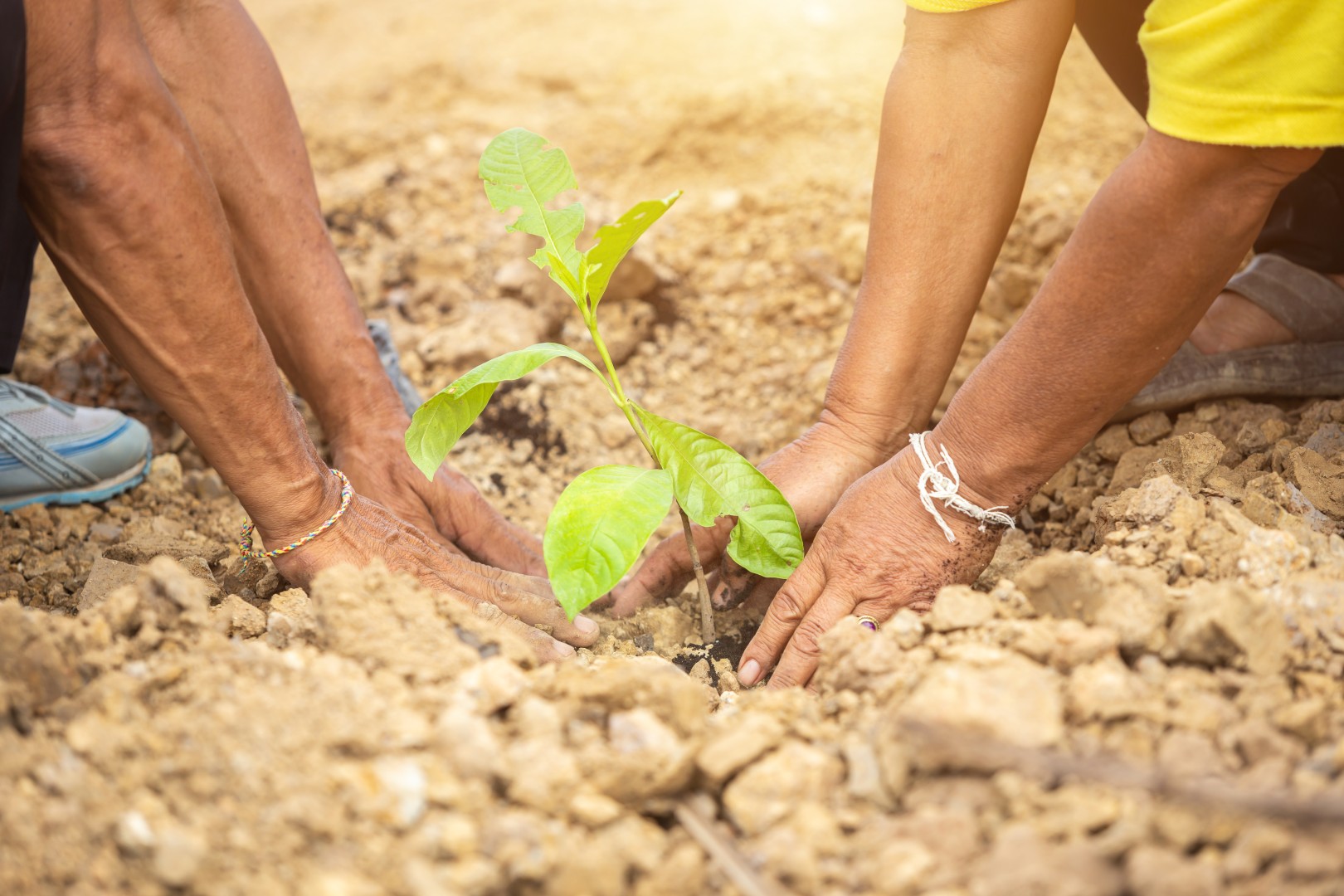Who we are
The Asian Solidarity Economy Council is the Asian hub for enhancing the responsibilities of stakeholders in co-creating a compassionate, solidarity economy. It brings together 18 national and continental networks in 21 countries of Asia.
News from Asia—
Threads of Solidarity – Roots to Futures
ASSEFA, in collaboration with Action Village India (AVI), UK, organized a four-day (January 29 – February 1, 2026), International meet at its Ayyanarpuram campus, Maduri, Tamil Nadu, India under the theme ‘Threads of Solidarity – Roots to Futures.’ This International meet brought together nearly 40 development practitioners from England, the USA, Uttarakhand, Odisha, Madhya Pradesh, Jharkhand, Maharashtra, and Tamil Nadu. [...]
Launch of the ASEAN SDG–SSE Roadmap (2026–2030)
On 27 January 2026, ASEAN (Association of Southeast Asian Nations) will officially launch the Roadmap for integrating the Social Solidarity Economy (SSE) into the implementation of the Sustainable Development Goals (SDGs). This strategic document proposes a common action framework to strengthen the role of SSE as a driver of sustainable development across Southeast Asia. The event will present the goals, [...]
RIPESS expresses its solidarity with the communities affected by the floods in Sri Lanka and supports the urgent humanitarian response led by its member Sarvodaya Shramadana Movement
Sri Lanka is facing one of its most serious humanitarian emergencies since the 2004 tsunami. Tropical Cyclone Ditwah has caused record-breaking rainfall, widespread flooding and landslides, the destruction of more than 41,000 homes, and the displacement of over 200,000 people. More than 1.5 million people across 22 districts have been affected. In response, the Sarvodaya Shramadana Movement, a long-standing and [...]




